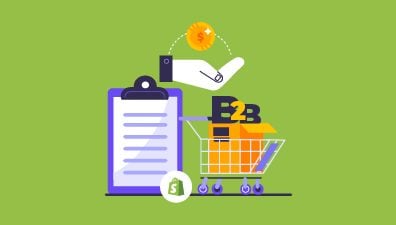When it comes to setting up an online store, merchants have a wide range of eCommerce platforms to choose from. Two popular choices are Shopify and nopCommerce. Both platforms offer unique features and benefits, making it difficult for merchants to determine which one is the best fit for their business. In this article, we compare Shopify vs nopCommerce, examining their hosting, design, payment options, inventory management, mobile optimization, ease of use, ERP and CRM integration, SEO, social media integration, email campaigns, blogging, pricing, and more. By the end of this article, merchants will have a clearer understanding of the differences and similarities between Shopify and nopCommerce, and which platform will best meet their business needs.
Table of Contents
Shopify and nopCommerce Overview
Shopify
Shopify is a cloud-based eCommerce platform that provides businesses with the tools and resources they need to create and manage an online store. It was founded in 2006 and has since grown to become one of the most popular eCommerce platforms in the world.
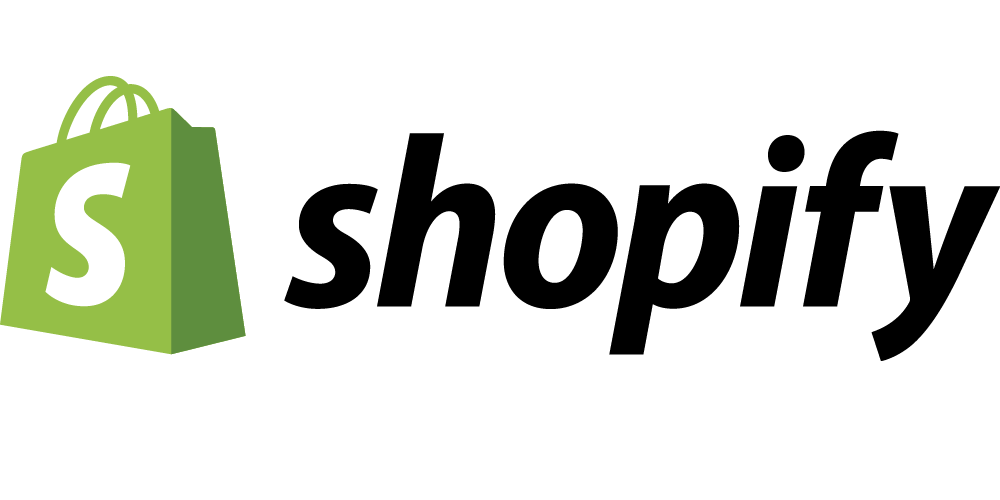
In essence, Shopify gives merchants an internet tool that enables them to easily create a website for selling products without knowing any coding. Small business owners may need some time to employ graphic designers or learn how to use design software, but this unique online selling platform has you covered.
nopCommerce
nopCommerce is a free, open-source eCommerce platform that provides businesses with the tools and resources they need to create and manage an online store. It was first released in 2008 and has since grown to become a popular choice for businesses of all sizes.
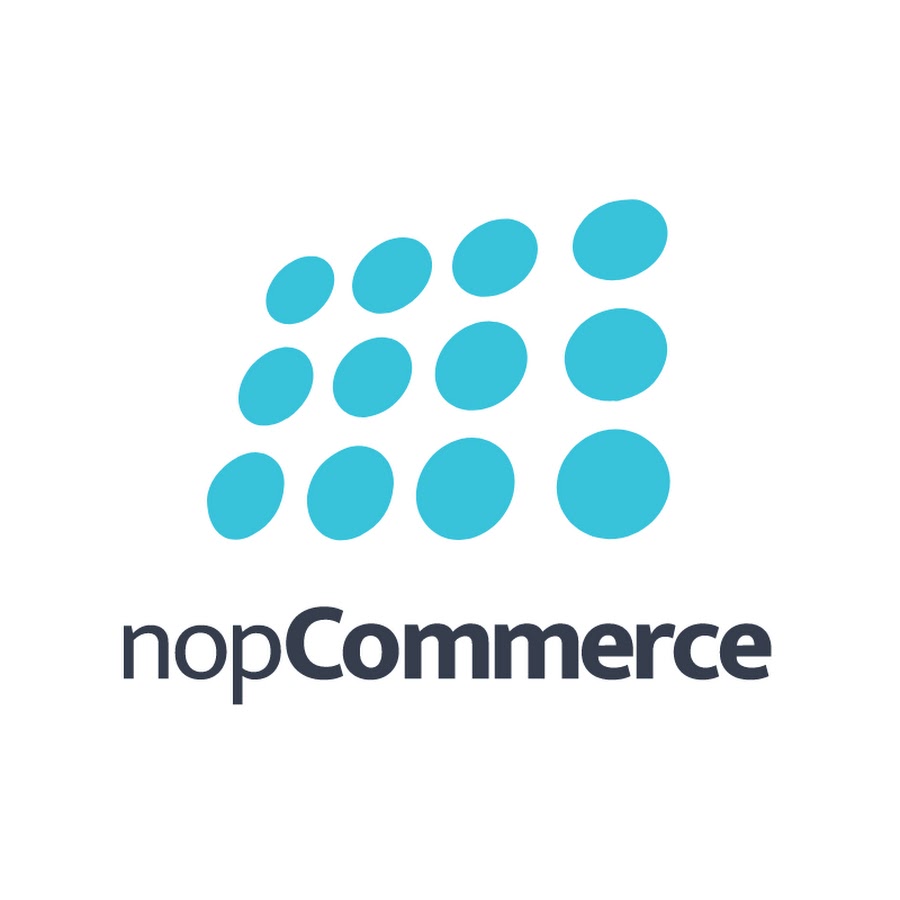
The platform is highly flexible and can be easily configured to meet the specific needs of businesses. With its open-source code, businesses can access the underlying code and make custom modifications, ensuring that their online store is unique and tailored to their specific needs.
Shopify vs nopCommerce Comparison
Hosting
When it comes to hosting, there are some key differences between Shopify vs nopCommerce.
Shopify is a fully hosted platform, meaning that the hosting and maintenance of the online store are handled by Shopify itself. This means that businesses don’t have to worry about the technical aspects of running an online store, such as server management, software updates, and security. The hosting is also highly optimized for eCommerce, providing businesses with fast page load times and reliable uptime.
On the other hand, nopCommerce is a self-hosted platform, meaning that businesses are responsible for hosting and maintaining the platform on their own server. This can provide businesses with greater control and flexibility over their online store, but it also means that they need to have technical expertise and resources to manage the platform.

When it comes to cost, Shopify’s hosting plans start at $29/month, with more advanced plans available for businesses with higher needs. With nopCommerce, there are no hosting costs, as businesses are responsible for hosting the platform themselves. However, they will need to pay for server space, domain name registration, and any other costs associated with hosting an online store.
Design
In general, both Shopify and nopCommerce provide businesses with options to customize the look and feel of their online store.
Shopify provides businesses with a wide range of customizable templates that can be easily configured to match the look and feel of their brand. The platform’s drag-and-drop interface makes it easy to add products, manage orders, and handle other important tasks. This SaaS also offers a range of design-related apps in its app store, providing businesses with access to a wide range of tools and resources to enhance the look and functionality of their online store.

nopCommerce, however, is a more flexible platform when it comes to design. With its open-source code, businesses can access the underlying code and make custom modifications to the design of their online store. This platform provides businesses with greater control and flexibility over the look and feel of their online store, but it also requires technical expertise and resources to manage.
Payment Options
Shopify provides businesses with a range of integrated payment options, including credit card processing, PayPal, and Apple Pay. Moreover, the platform uses its own payment gateway, Shopify Payments, which provides businesses with a secure and convenient way to accept payments from customers. This SaaS supports a variety of alternative payment methods, including bank transfers, cash on delivery, and more, through its app store.

In contrast, nopCommerce provides businesses with more flexibility when it comes to payment options. The platform supports a wide range of payment gateways. This provides businesses with greater control and flexibility over their payment options, allowing them to choose the payment gateway that best suits their needs.
Inventory management
Considering comparing Shopify vs nopCommerce in terms of inventory management, Shopify provides businesses with a user-friendly interface for managing their products and inventory. The platform makes it easy to add and manage products, track inventory levels, and generate reports on sales and stock levels. Shopify also integrates with a range of inventory management apps, providing businesses with access to more advanced tools and resources to manage their inventory.

On the other hand, nopCommerce provides businesses with a more flexible and customizable approach to inventory management. The platform provides businesses with a range of options for managing their products and inventory, including the ability to manage product variants, track inventory levels, and generate reports on sales and stock levels. nopCommerce also supports a wide range of product types, including physical products, digital products, and more, making it a versatile platform for businesses of all types.
Mobile Optimization
Regarding mobile optimization comparison between Shopify vs nopCommerce, Shopify is designed with mobile optimization in mind and provides businesses with a range of mobile-friendly templates that are optimized for a wide range of devices, including smartphones and tablets. Shopify also provides businesses with a range of mobile-specific features, such as mobile-optimized checkout, mobile-optimized product pages, and more.

On the contrary, nopCommerce provides businesses with greater control and flexibility over the mobile optimization of their online store. The platform’s open-source code provides businesses with the ability to create custom mobile templates and make custom modifications to the mobile optimization of their online store. However, this requires technical expertise and resources to manage.
Ease of use
Users of nopCommerce must possess a foundational level of technological knowledge, and there is a steep learning curve involved in using this platform. If you lack the technical expertise, you can suggest bringing on a seasoned developer.

Shopify is easy to use and features a tidy, modern, and simple user interface. Fortunately, unlike nopCommerce, you don’t need to give any thought to technology. Nearly everything that can be done with a few taps on Shopify is thoroughly documented, and the platform includes good starting suggestions.
Support
Both Nopcommerce and Shopify offer excellent community support from staff people who actively work to aid users in solving problems and users themselves. Both platforms offer thorough product documentation that serves as an excellent learning manual. On all platforms, there is also paid support accessible. nopCommerce offers support for quarterly and yearly subscriptions, but Shopify offers price support based on the customer’s intent.

The open-source product has broadened the nopCommerce community and ecosystem. While everything is going on, Shopify has a terrific, 24h customer support team that provides customers with solutions that are truly outstanding.
ERP – CRM
When it comes to ERP (Enterprise Resource Planning) and CRM (Customer Relationship Management), both Shopify and nopCommerce offer businesses different options to integrate these systems into their online store.
Shopify provides businesses with a range of third-party apps and integrations that can be used to connect their online store with other systems, including ERP and CRM systems. The platform’s app store provides businesses with access to a range of tools and resources that can be used to extend the functionality of the online store, and businesses can choose the specific tools and integrations that best meet their needs.
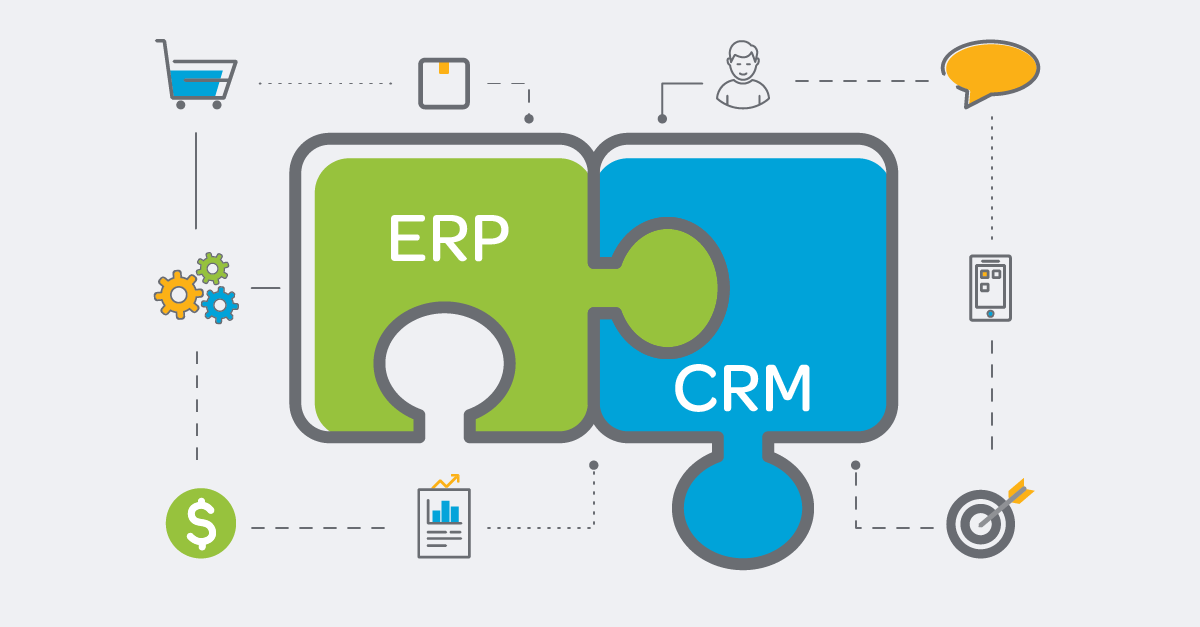
On the other hand, nopCommerce is an open-source platform that provides businesses with greater control and flexibility over the integration of ERP and CRM systems. The platform’s open-source code can be modified and customized to integrate with other systems, including ERP and CRM systems. However, this requires technical expertise and resources to manage, and businesses may need to invest in development resources to fully realize the benefits of the platform.
Marketing Features
Both Shopify and nopCommerce have an app store that offers various marketing apps to help merchants enhance their online presence and drive sales. However, in terms of the size and diversity of the app store between Shopify vs nopCommerce, Shopify has a clear advantage. With thousands of apps, Shopify’s app store offers a wide range of marketing features, including email marketing, social media integration, search engine optimization, upselling and cross-selling tools, and more. Moreover, Shopify’s app store has many well-established marketing apps with a proven track record of driving sales and conversions, making it a reliable choice for merchants who prioritize marketing.
In contrast, nopCommerce’s app store is relatively smaller and less diverse, with fewer marketing options available. While nopCommerce offers some basic marketing features, it lacks some of the more advanced marketing tools that Shopify’s app store provides. Therefore, Shopify is the better choice for merchants who want access to a wide range of marketing apps to drive their business forward.
SEO
The SEO features in Shopify vs nopCommerce are robust. All directories have full links to tags and URLs that are optimized for keywords using common search engine terminology.
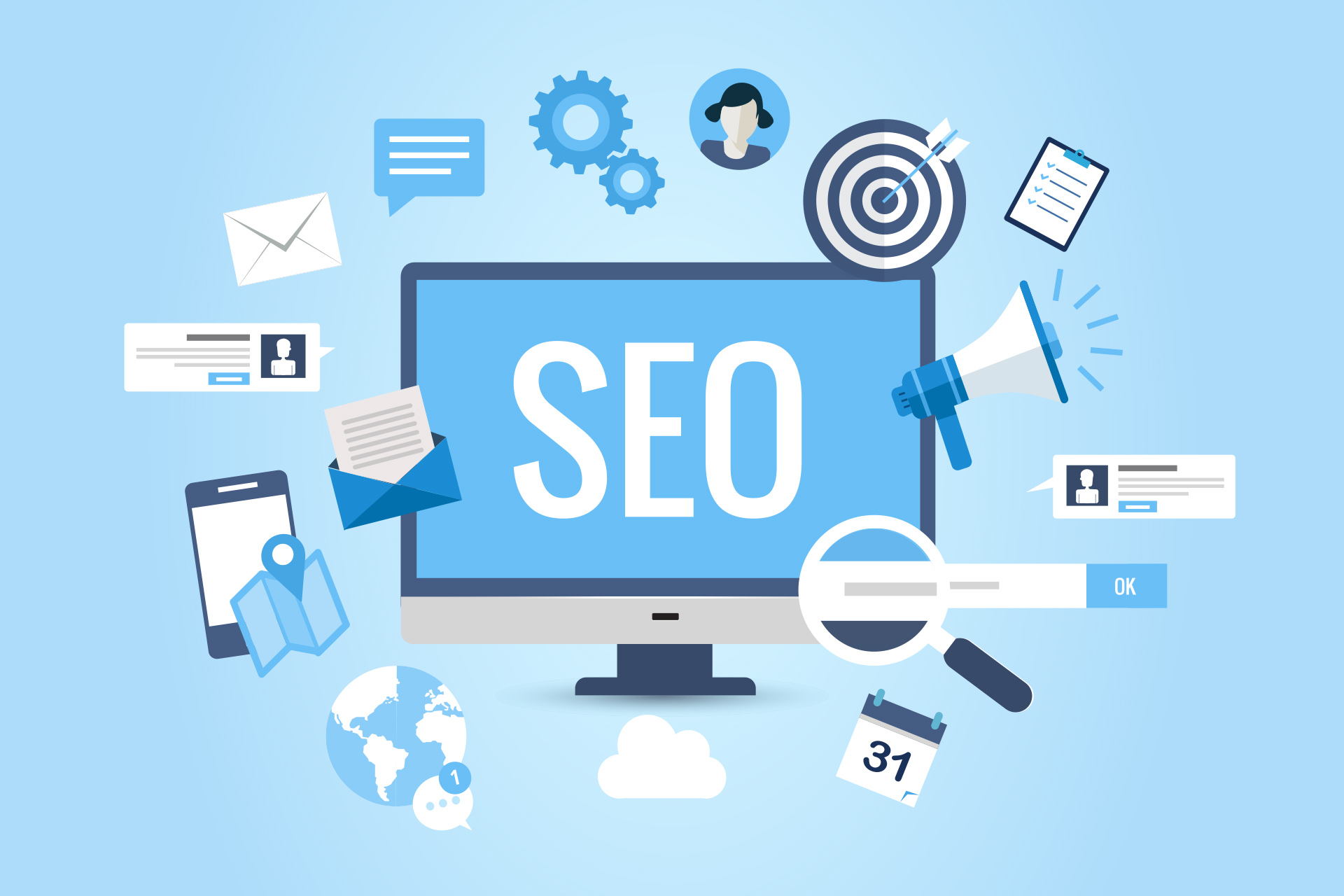
Users’ online stores can load quickly using Shopify’s agile framework if they choose a “lightweight” design. Additionally, it is fully SEO-equipped and offers the essential SEO features that the majority of business owners expect. Shopify SEO is easy to implement for other on-page SEO implementations because of its easy-to-use backend. It moves at an incredible pace.
Shopify also provides users with trustworthy help that they can call when unsure, which is fantastic for SEOs. Additionally, numerous helpful Shopify SEO tools can benefit users’ stores.
In the meanwhile, nopCommerce provides a reasonable selection of tools and plug-ins, or you can customize virtually every aspect of your store and perform your own SEO optimization. The options consist of:
- Completely localizable templates have separate metadata for many languages and regions.
- If you market to a third party, override the manufacturer’s metadata.
- Simplify navigation on the website.
Email campaigns
Shopify provides businesses with a range of built-in email marketing features, including support for creating and managing email campaigns, email automation, and email list management. The platform also provides businesses with a range of third-party apps and integrations that can be used to extend the email marketing capabilities of their online store, including tools for creating and designing email templates, segmenting email lists, and more.

On the other hand, nopCommerce provides businesses with greater control and flexibility over the email marketing capabilities of their online store. The platform’s open-source code can be modified and customized to integrate with email marketing platforms, including popular platforms like Mailchimp, Constant Contact, and more.
Blogging
Shopify allows businesses to easily create and publish blog posts. The platform also provides a range of third-party apps and integrations that can be used to extend the blogging capabilities of their online store, including tools for creating and managing blog posts, customizing blog templates, and more.
Meanwhile, nopCommerce provides businesses with greater control and flexibility over the blogging capabilities of their online store. The platform can be modified and customized to integrate with popular blogging platforms, including WordPress, Blogger, and more. Additionally, nopCommerce provides businesses with a range of built-in blogging features, including support for creating and managing blog posts, customizing blog templates, and more.
Pricing
- Shopify
Shopify provides three pricing plans, from their basic option ($29/month) to their advanced ($299/month).
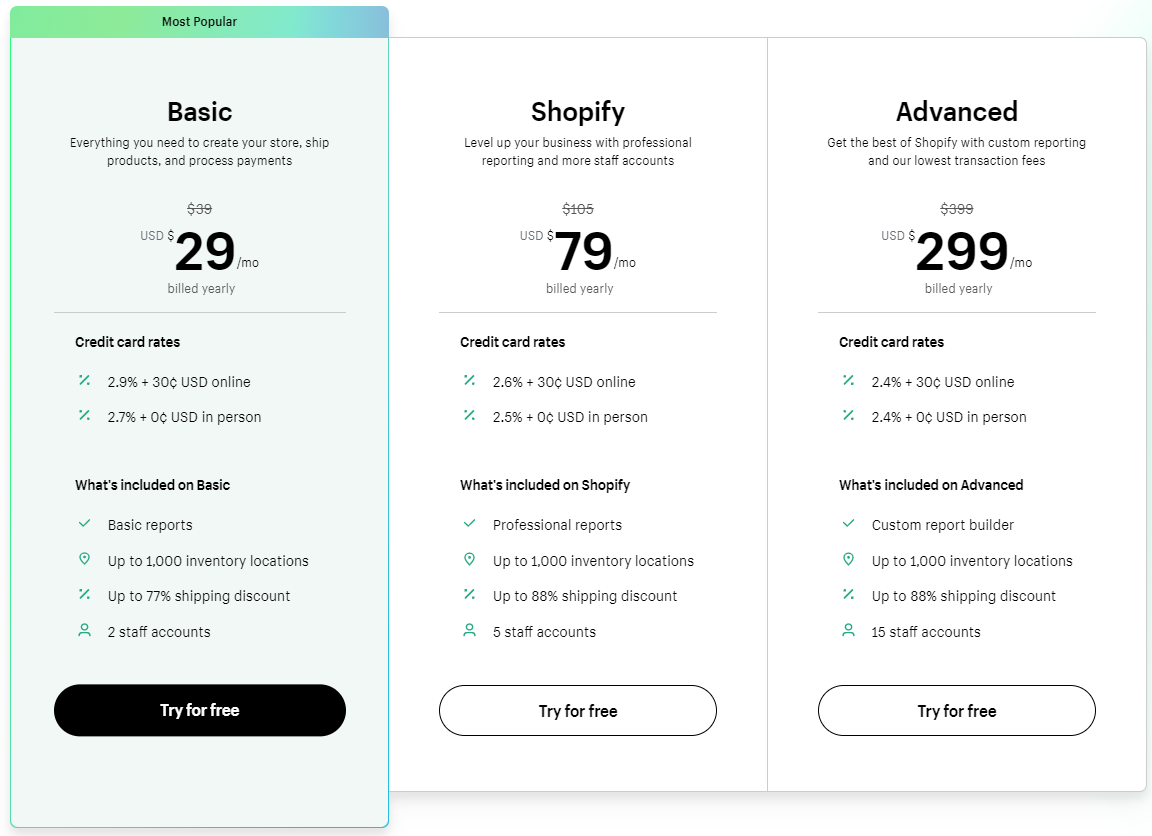
- nopCommerce
nopCommerce is an open-source platform, which means that businesses can download and use the software for free. However, businesses will need to pay for hosting, development, and customization services, as well as any third-party integrations or extensions that they choose to use. The cost of operating an online store with nopCommerce will depend on the specific resources and expertise that a business has available, as well as the specific tools and integrations that they choose to use.
Which one is better?
Choosing Shopify when
Shopify is a cloud-based platform designed for ease of use, making it an ideal choice for businesses of all sizes and levels of technical expertise. It provides businesses with a user-friendly dashboard, intuitive tools, and 24/7 support. Shopify is also well-suited for businesses that need to manage their online store on the go, as it provides businesses with a range of mobile-optimized templates and tools.
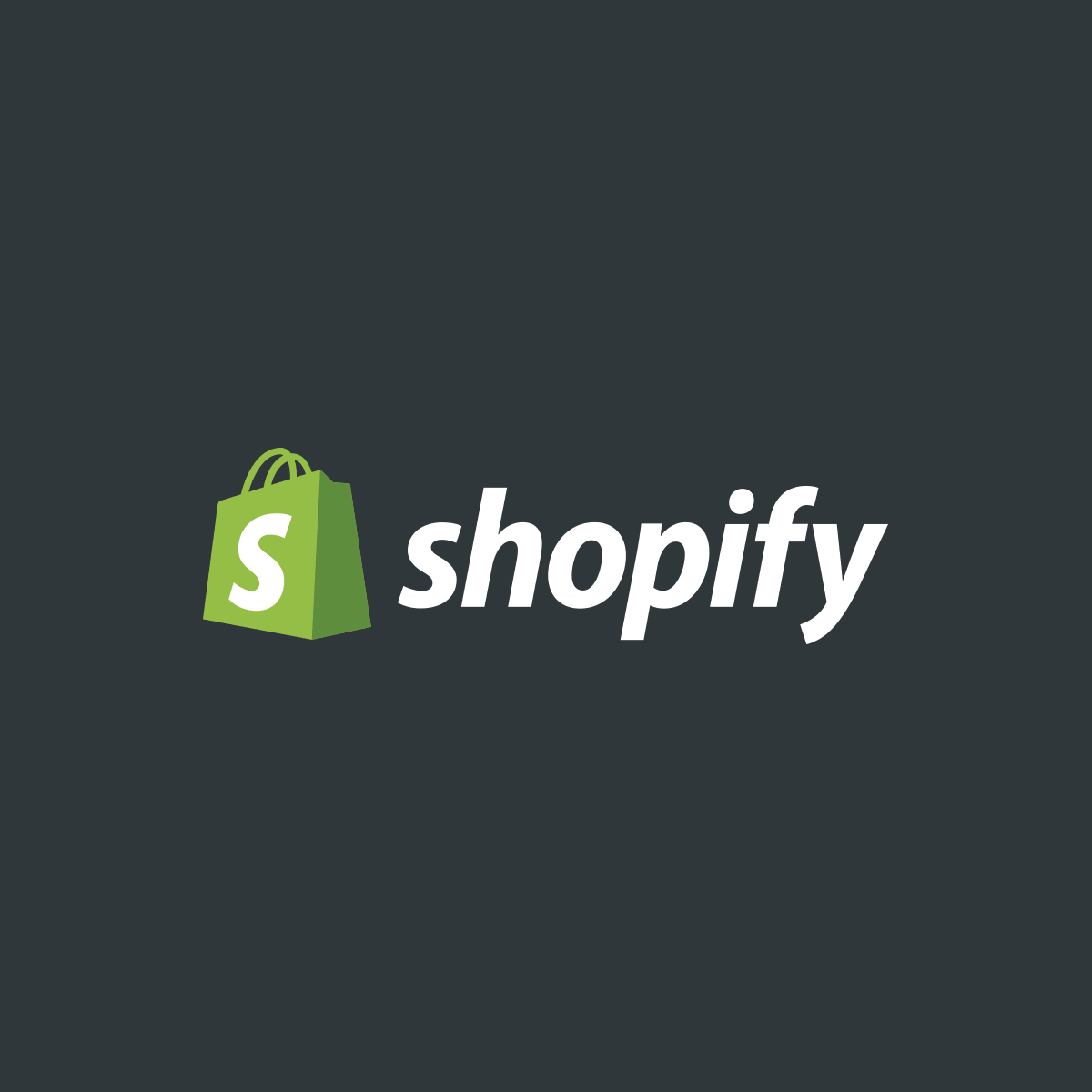
We can summarize the key-selling points of Shopify below:
- World-renowned website efficiency.
- The process of adding products, managing payment and shipping options, and handling orders are incredibly simple and effortless.
- The appearance of the templates can be significantly altered without the need for any programming skills.
- Users can easily alter the appearance of their store and add extra functionality by downloading new templates and applications in a matter of seconds.
- Users have complete control over the customization of their online store, regardless of their programming abilities or whether they hire someone with those skills.
- It has seamless integration with multiple providers and applications.
Choosing nopCommerce when
nopCommerce is a free and open-source eCommerce platform that provides businesses with a range of features and tools for creating and managing an online store. nopCommerce is ideal for businesses that need a high level of customization, as it provides businesses with access to the source code and the ability to modify the platform to their specific needs. nopCommerce is also well-suited for businesses that need to integrate with other systems, such as ERP and CRM systems.
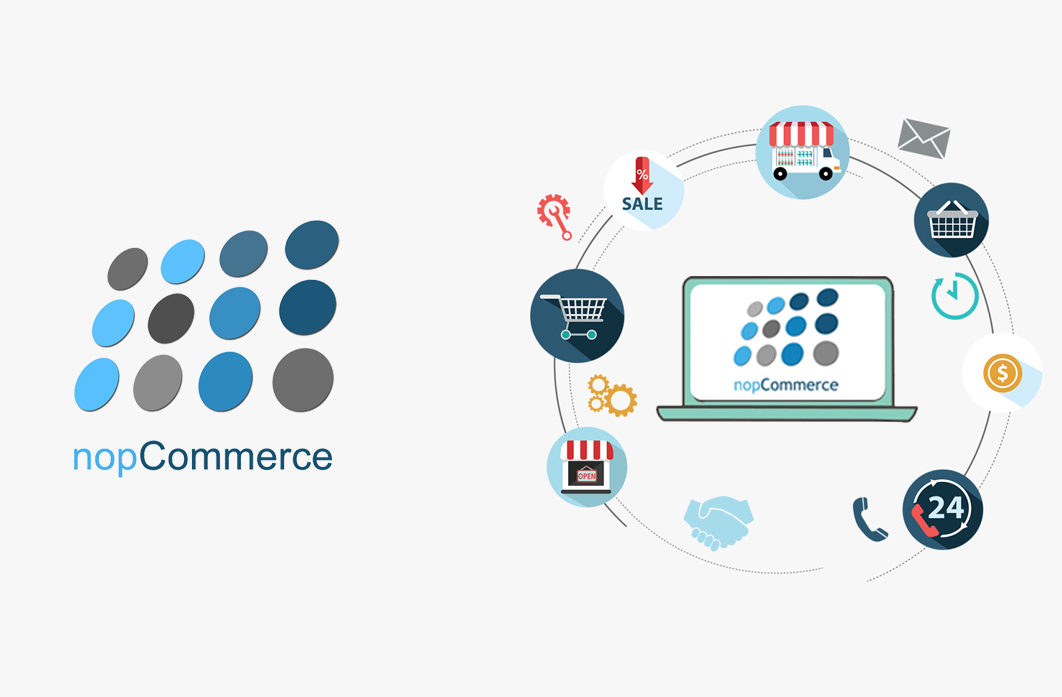
We can summarize the key-selling points of nopCommerce below:
- Free for downloading, allowing for immediate start to building.
- A supportive community of users makes finding solutions to issues through the forum effortless.
- Highly adaptable, readily customizable, and manageable, making it possible for users to develop a robust eCommerce platform if they possess the necessary development skills.
- Optimized for search engines to benefit users.
- Designed with responsive mobile commerce in mind.
- Features various marketing tools with clear instructions, including options for upselling, cross-selling, discounts and coupons, gift cards, affiliate programs, product reviews, ratings, etc.
- Capable of handling growth and expansion.
- Supports multiple vendors and drop-shipping.
In conclusion,
Shopify and nopCommerce are both powerful eCommerce platforms with their own strengths and weaknesses. Shopify offers a user-friendly interface, excellent hosting and security, a wide range of payment options, and a thriving app store. On the other hand, nopCommerce offers more customization options, better SEO, and a larger range of marketing features.
The choice of Shopify vs nopCommerce depends on the unique needs of the business. Merchants who prioritize ease of use and a ready-made solution might prefer Shopify, while those who require more customization options and better SEO might choose nopCommerce. Both platforms have the potential to help merchants build a successful online store, and it is up to each individual to weigh the pros and cons and make an informed decision.
If you want to build a Shopify store successfully, check out our services. With over 100 successful projects and a team of 50+ Shopify Experts, Magenest specializes in services such as eCommerce development services, seamless platform migration, and data migration from various eCommerce platforms. Check more information in the link below!


